TEHRAN(Bazaar) – Professor Hossein Askari, who teaches international business at the George Washington University, says Iran needs drastic economic reforms.
He adds “China is trying to court both the GCC and Iran in the Persian Gulf.”
Following is the text of the Bazaar interview with Professor Hossein Askari.
Bazaar: At the end of the meeting with the Chinese Foreign Minister, Iranian Foreign Minister Hossein Amir-Abdollahian said: “During this visit, we agreed to announce the implementation and start of the 25-year strategic and comprehensive cooperation agreement between the two countries.” In your opinion, what effects will the implementation of this agreement have on the Iranian economy?
Askari: As with anything, it depends on the details of the agreement and what China is willing to do to support Iran’s recovery. Iran’s needs are many and sure China can help. But will it and to what extent? Iran needs capital or financing, direct investment, technology transfer and market access. China can surely could help and that would give Iran’s economy the boost it needs. But again, we have to what and see what China is in fact willing to do.
But as I have said for many years, Iran must put its economic house in order too. For Iran to benefit and prosper from any such agreement, and assuming the best in its detail and implementation, Iran needs drastic economic reforms. Iran keeps putting off reforms and the task becomes harder as each year passes by.
Bazaar: This trip took place while the Vienna talks are continuing. Can the announcement of the implementation of the 25-year cooperation document between Iran and China keep Iran's hand open in the Vienna talks?
Askari: Again, if the details of this agreement are sound, then China is stepping up to the plate and saying that it will support Iran’s economic recovery, blunting US threats and more sanctions. I believe that the longer US continues with its unilateral sanctions on Iran, the more likely it is that China will provide Iran with what it needs and defy the US. An earlier and even more important step in this direction was Iran’s admission as a full member of the Shanghai Cooperation Organization. But Iran can help this process and get even more support from China and strengthen its hand in dealing with the US, the faster it improves its economic outlook by adopting much-needed reforms. So, yes, this could strengthen Iran’s hand in Vienna.
Bazaar: Why did China make this decision in the midst of the Vienna negotiations?
Askari: To stand up to the US. To flex its muscle. The US is threatening China in its backyard when it comes to Hong Kong and Taiwan and now China is stepping into an area that has belonged to the US ever since WWII. The US will have to back down some in the South China Sea as it is threatened by China in other areas around the world. China is playing the long game with the US. It can do so because it now enjoys a more stable policy stance than does the US with its many internal upheavals.
Bazaar: Simultaneously with the Iranian Foreign Minister's visit to China, we witnessed the presence of a delegation from the Gulf Cooperation Council to China and in a joint statement issued after the meeting of senior officials of the two sides, signed the “Joint Action for Strategic Dialogue” program which should be done between 2022 and 2025, they emphasized. The two sides also stressed the need to complete negotiations on a “free trade agreement between the Gulf Cooperation Council and China and the establishment of a free trade zone between the two sides.” What is the importance of this free trade zone between the stakeholders?
Askari: To my mind it is of little importance. The GCC does not manufacture much and it has low tariffs. So, the importance of a free trade zone is lost on me. It is more a publicity stunt and I think China is trying to court both the GCC and Iran in the Persian Gulf.
Bazaar: Some time ago, CNN reported on the transfer of Chinese ballistic missile production technology to Saudi Arabia. Is China trying to play a US-like role in the Persian Gulf?
Askari: Yes, but slowly and deliberately. China needs oil and gas and the best place to secure it is in the Persian Gulf with Iran, Iraq and the GCC. I think that over the next 25 years we will witness a slow reduction of the US presence in the area and the increasing emergence of China. I don’t think the US will totally leave and I don’t think that China will ever gain the foothold that the US has enjoyed over the last 50 years. We will get a new balance between the US and China.

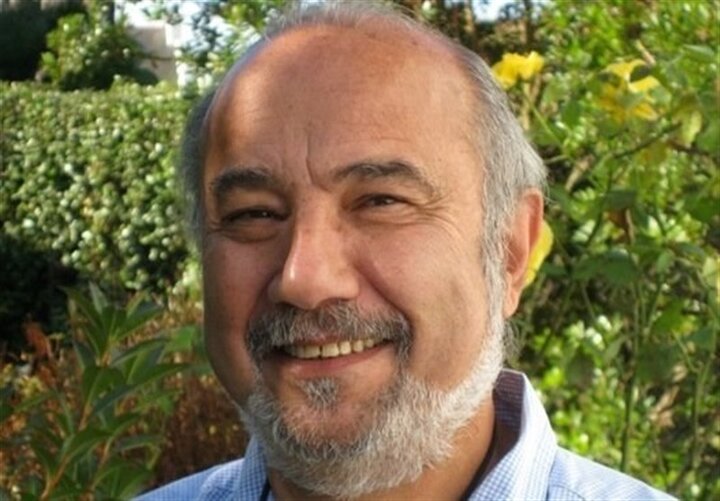




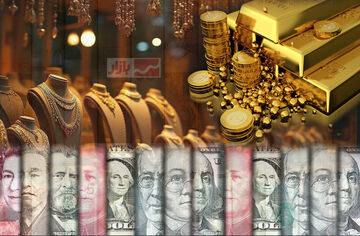
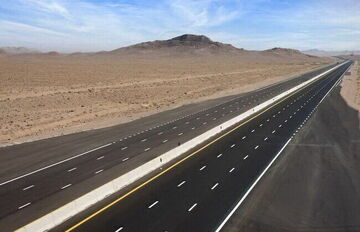
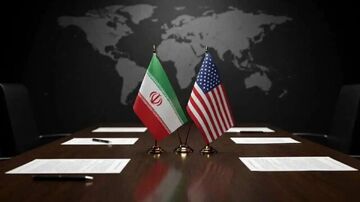
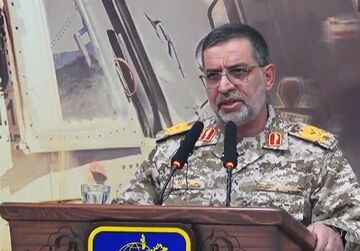
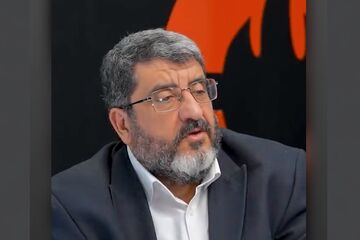
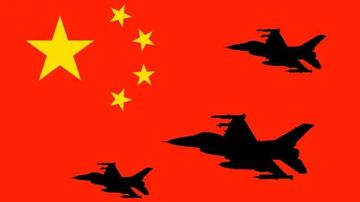

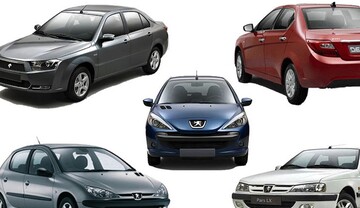
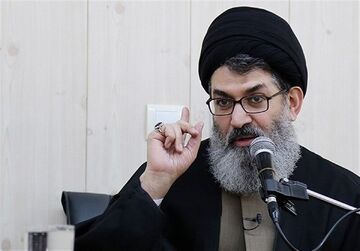

نظر شما